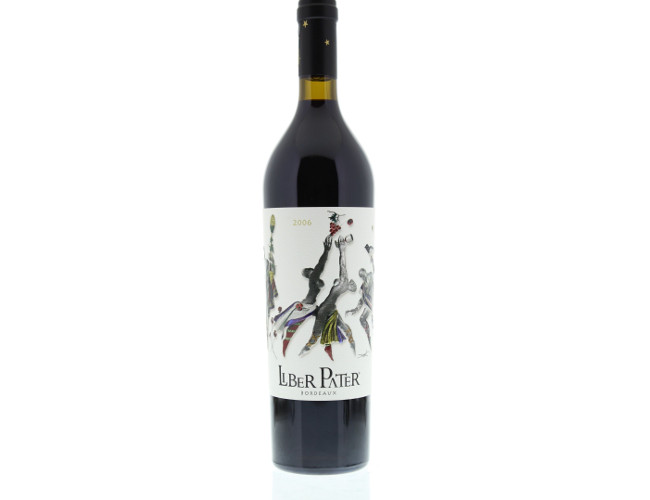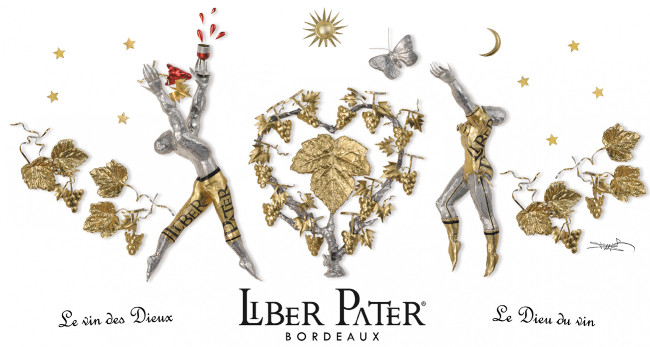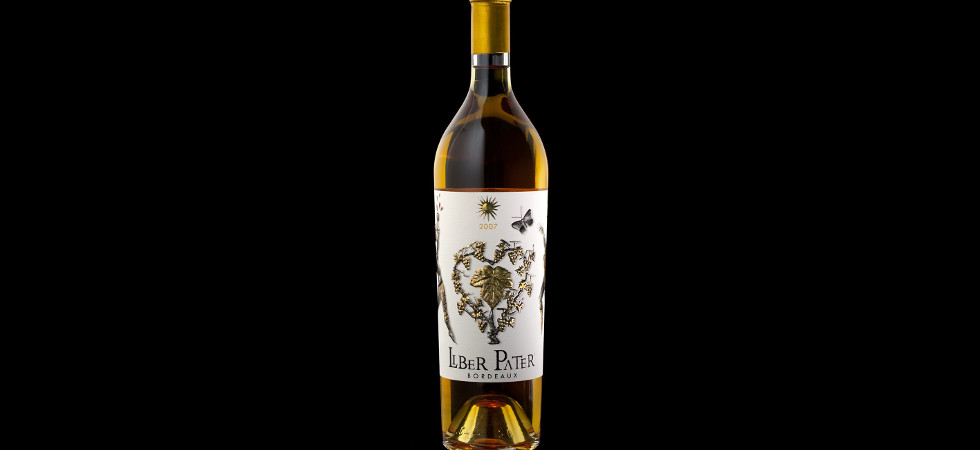Daniel Eros Carnio, the founder and director of Oenofuture, looks at why Liber Pater produces Bordeaux’s most expensive wines.
In the world of fine wine Bordeaux has a reputation for being liberally sprinkled with prestigious estates producing stellar wines with price tags to match. But the likes of Petrus, Cheval Blanc and Lafite-Rothschild are frequently eclipsed on price by a small boutique winery named Liber Pater. As if this weren’t surprising enough, the estate only began production in 2006 and labels its wines simply as “Vin de France” rather than proclaiming one of the top Bordeaux appellations like Pessac-Léognan, Margaux, or Pauillac.
So how is it that Liber Pater has rapidly developed a cult following who are happy to pay up to €4000 per bottle? The answer lies in maverick winemaker and owner Loic Pasquet’s inspirational dedication to reviving forgotten Bordeaux varietals and laser-like focus on producing the finest wines possible from his well-sited vineyards which frequently receive ratings over 90 points by top wine critics.

Rare Varietals
Today Bordeaux is best known for Cabernet Sauvignon, Merlot, Sauvignon Blanc and Semillon, but in years gone by the region boasted many more varietals which have fallen out of fashion and been forgotten. Pasquet is keen to revive these interesting grapes and has planted rare varietals like Marselan, Tarney Coulant, and Castet which were once common in the vineyards of Graves. He currently produces three wines, a red wine, a white wine and a sweet dessert wine which are blends containing more mainstream Bordeaux varietals like Cabernet Sauvignon and Merlot along with smaller quantities of rarer varietals.
Pasquet also primarily works with ungrafted rootstock which he believes allows him to create more authentic wines. During the rapid spread of the phylloxera disease in the mid 1800s which wiped out over 40% of French vineyards, French shoots were grafted onto American rootstock which was resistant to the disease. Pasquet’s bold use of ungrafted rootstock gives drinkers a taste of what pre-phylloxera Bordeaux was like, providing a poignant point of comparison with modern Bordeaux styles.
Traditional Winemaking Techniques
Along with the focus on little-known, historic varietals is a move back to traditional winemaking techniques. Pasquet farms his vineyards with little more than a 150 year old plough and a mule and works organically which helps him to tread incredibly lightly on the natural environment. Of course, making wine in this way is labour intensive and significantly more costly than mechanised modern methods, but the end result is a thing of rare beauty; a wine which reminds of the ancient harmony between man and earth.

Extremely Rare & Exclusive
The final winning factor for investors is that Loic Pasquet’s wines are incredibly rare and difficult to get hold of thanks to the miniscule quantities produced each year. Approximately 2400 bottles of the Liber Pater red are made each year depending on the harvest along with 300 bottles each of Pasquet’s delicious oak-fermented white and sweet dessert wine.
These tiny quantities are a big part of why Liber Pater wines are highly sought-after all over the globe despite the recent founding of the estate. For an investor looking to go beyond Bordeaux’s traditional top estates, Liber Pater is an excellent option with potential to deliver significant returns in the future thanks to the exclusivity, authenticity, and pure passion which lie behind the label.






















